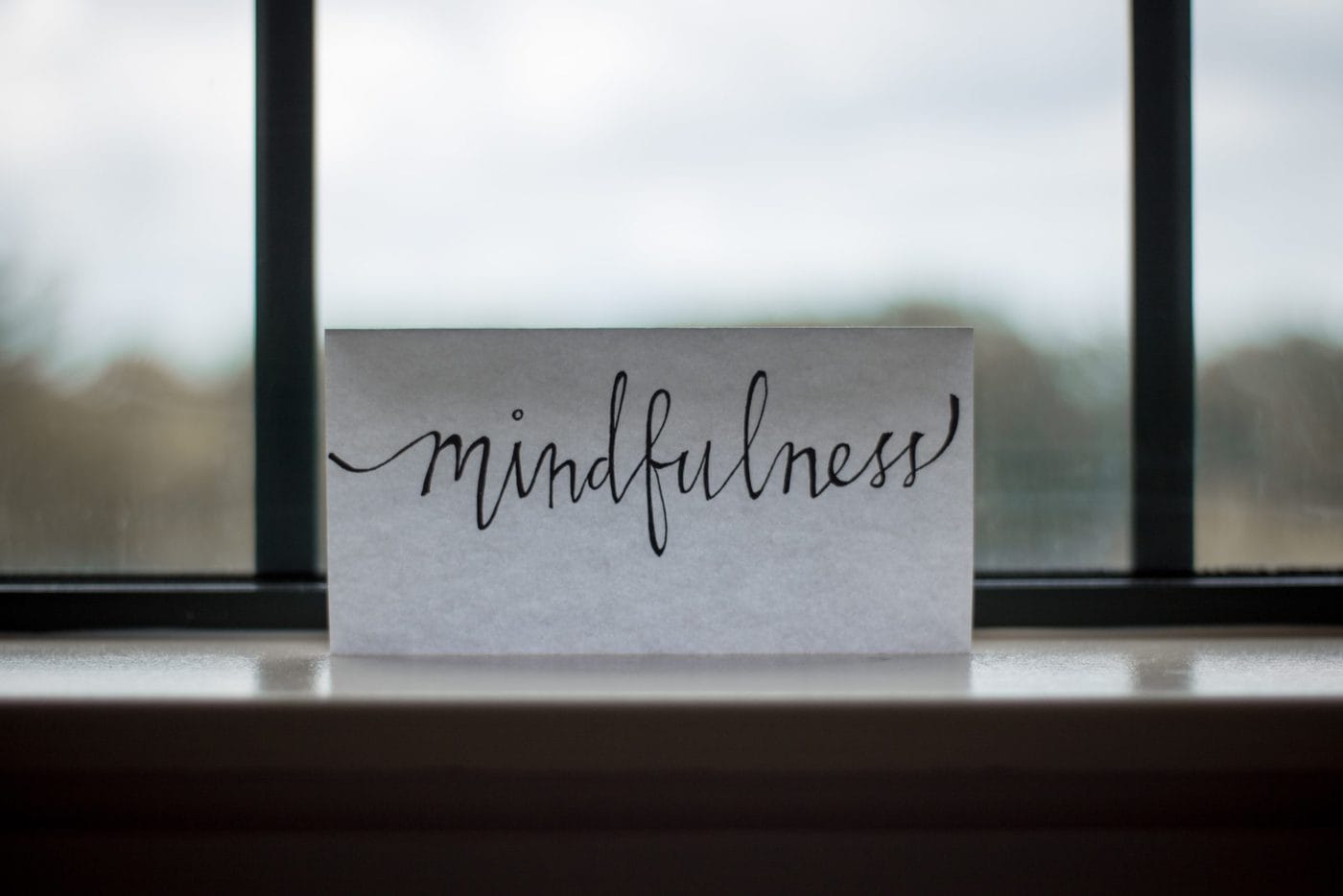Can Mindfulness Help Me to Deal with my Anger?
The experience of anger can be a great way of getting in touch with what we truly value and then standing up for ourselves or others. But it can just as easily be a form of self-sabotage where we destroy what is good in a situation or a relationship because we simply can’t deal with the tenderness of the moment. Anger as a result of a perceived insult is often an indication that we are taking ourselves too seriously. However, everyone is entitled to their integrity and so anger can be an appropriate way of setting boundaries with others as long as we are clear-sighted about what we are doing.
When we get angry, our thinking mind tends to go into overdrive. A torrent of thoughts then can create a cascade of feelings which can cloud our ability to think clearly and calmly. In this state of mind there is a high likelihood that we will react unwisely and that others may have to take the brunt of our out-of-control emotions. Training in mindfulness gradually allows us to see this pattern of behaviour for what it is. When we remember to take a mindful pause, grounding the awareness in sensations in the body and consciously breathing, we can self-regulate so that whatever action needs to be taken (if indeed any action needs to be taken), will be appropriate to the situation, respecting other people’s needs and rights. The expression of anger will feel safe both for oneself and anyone to whom the anger is being directed.
Is Expressing Anger Always the Best Option?
There are plenty of times when it is more skilful to not express anger towards others. These include:
- When we sense that we are over-reacting
- When we have an inkling that we are projecting our anger on to someone else
- When it is really about how we are feeling about ourselves
- When the other person is particularly vulnerable, like a young child or someone who is unwell or undergoing a lot of stress
- When the consequences of expressing our anger would unleash a level of anger from others that would endanger our safety
Repressing and Suppressing Anger
Sometimes, misguided understandings of religious teachings around anger or beliefs we formed about the expression of anger based on parental and other influences, can result in a tendency to repress it. When we repress the anger, we deny that it is even there even though at some level it shows up in the body as tension, increased heart-rate and body temperature etc. The long term consequences of repressed anger can include unexplained depression and sometimes chronic illness.
If we are more in touch with our feelings we may avoid the trap of repressing our anger and instead opt for suppressing it. Here we do acknowledge to ourselves that we are angry but we don’t express it. We may tell everyone that we are fine and carry on smiling. There is a real possibility here that we will indulge in passive aggressive behaviour where the anger leaks out in mixed messages or uncooperative behaviours.
Resentment
Another danger of holding on to unexpressed anger is that it turns into resentment. Resentment can sour relationships because the unexpressed conflict is hidden and is hard to recognise for what it is. Genuine communication becomes blocked. Over time, the resentment has a caustic effect on the one holding onto it. If we hold resentment it is like slowly feeding ourselves with poison.
Giving Anger Some Space
It would seem then, that expressing anger is the best option. But as we have mentioned in the four cautions above about expressing anger, it is not always the wisest option. The simplistic advice to always express the angry feelings can put us on the same level as an angry two-year-old making unreasonable demands. If you sense that expressing the anger is not the best option at a particular point in time, it is still important to give the anger some space to be experienced. How can we do this?
Mindfulness, despite the common misperception that it is about being calm all the time, can really allow us to work with anger in a safe way. To learn more see my blog.






